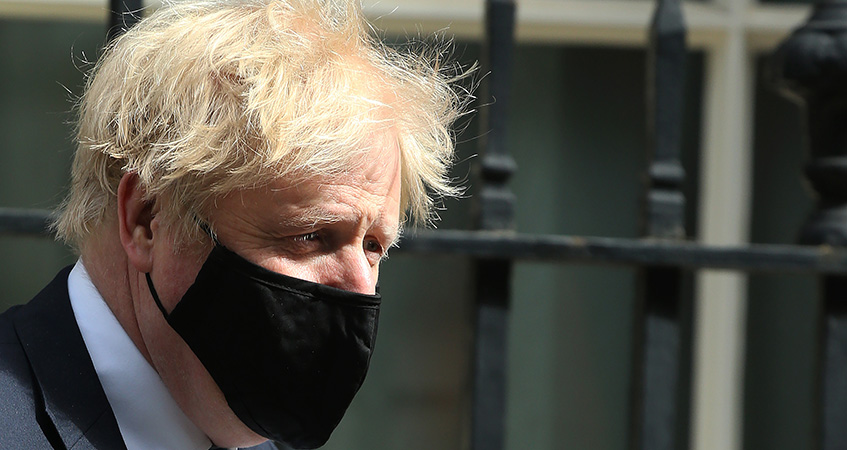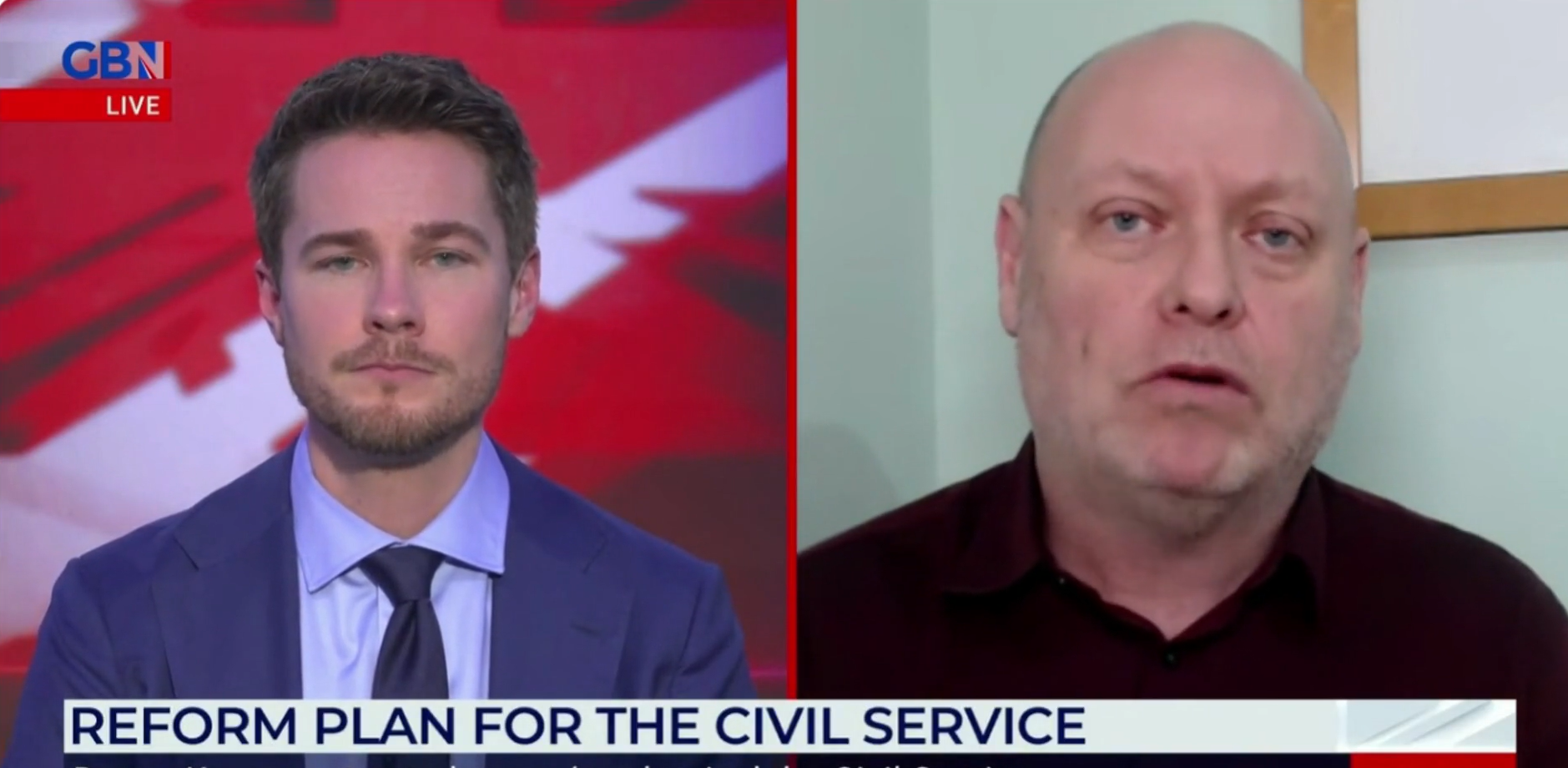“Dysfunctional” culture in No. 10 risks “damaging” civil service

FDA General Secretary Dave Penman has warned that the “dysfunctional culture” in Number 10 “when it comes to COVID rules and breaking” risks starting “to look like a broader culture across the civil service”.
His comments come after reports of numerous social gatherings and parties in No. 10 Downing Street that broke COVID restrictions, which are currently being investigated by Sue Gray, Second Permanent Secretary at the Cabinet Office.
Appearing live on BBC Radio 4’s Today programme, Penman told Nick Robinson that “part of the defence around the Prime Minister has been to suggest that’s a wider culture in the civil service and I’ve said many times, that’s not a culture I recognise”. He said that “while it may suit some around the Prime Minister” to suggest this is a broader issue across the civil service, “it’s very damaging and it’s not true”.
Some of the allegations aimed at Prime Minister Boris Johnson have come from Dominic Cummings, his former adviser, and Penman suggested this briefing war between the two “feels like a bitter divorce and the government and the civil service are the kids caught in the crossfire”.
Responding to questions from Robinson over who bears responsibility for the culture in No. 10, Penman added: “Leadership comes from the top in any organisation, so I don’t think anyone can avoid that responsibility. I think what officials will want and expect is that, if there is blame coming out of this, that that’s proportionate to those in leadership positions. If the Prime Minister thinks that he can get out of it by avoiding scrutiny under the Ministerial Code… but others are then facing discipline or sack, that won’t feel like it’s a fair outcome or proportionate to where blame lies across the whole of No. 10 for what appears to have happened.”
His comments followed an appearance on Sky News’ Trevor Phillips on Sunday in which he defended the civil service’s position to lead impartial investigations and report uncomfortable truths to ministers and the Prime Minister.
“Sue Gray is a formidable character,” he said. “She has been used to dealing with the most sensitive political issues; she was head of the propriety and ethics team at the Cabinet Officer, she’s investigated ministers before and given Prime Ministers very difficult messages about those investigations. So, there isn’t really anyone in Whitehall better to do it than Sue Gray herself… the public needs to understand that this is what the civil service does. It’s not independent but it’s permanent and it’s impartial and it has demonstrated time and time again that it can present a Prime Minister reluctant to receive those facts with the unvarnished truth.”
However, Penman cautioned that there were limitations to Sue Gray’s investigation, as the current system means Johnson “essentially has a veto of whether he’s investigated” under the Ministerial Code.
“Ultimately this is an internal investigation and the Prime Minister will have choices around what he does with that report,” he explained. “The degree to which he publishes it, what information he puts in the public domain, the decision that will be taken for civil servants, because civil servant may face disciplinary action around this. We then find ourselves in this kind of perverse position where if [there is] a question of whether not the Prime Minister breached the Ministerial Code, only the Prime Minister himself can refer himself for an investigation. So, it’s not going to deliver what some people are putting on it but what it should do is deliver the facts.”
Penman also dealt with these issues in his latest column forCivil Service World, in which he writes that while “no-one can escape their personal accountability for following the letter and spirit of the law” the “culture and tone in organisations are invariably set by those at the top”.
“Demonstrating the best of behaviours and challenging the worst comes with the burden of leadership. If you’re not prepared or not able to do that, don’t go looking for a leadership position because you can’t hide from the accountability that follows,” he added.
You can read the full column here.
Related News
-

Why anonymous attacks must stop: Dave Penman on the “damage” caused by briefings
FDA General Secretary Dave Penman on the untold damage done by anonymous briefings against the civil service, and why this pattern needs to change.
-

Member focus: mentee into mentor
Member Sabrina Schalz applied for the Fast Stream (FS) whilst pregnant, and took her baby with her to the FS Base Camp. Katherine Hutchinson finds out more about the support Schalz received when navigating the FS application and her decision to become a mentor herself.
-

Reform UK’s plans to cut swathes of corporate functions without impacting frontline services “unrealistic”, says FDA
The FDA has responded to Reform UK’s proposals for civil service reform if the party enters government, which include plans to cut 68,500 jobs, a reduction of 13%.